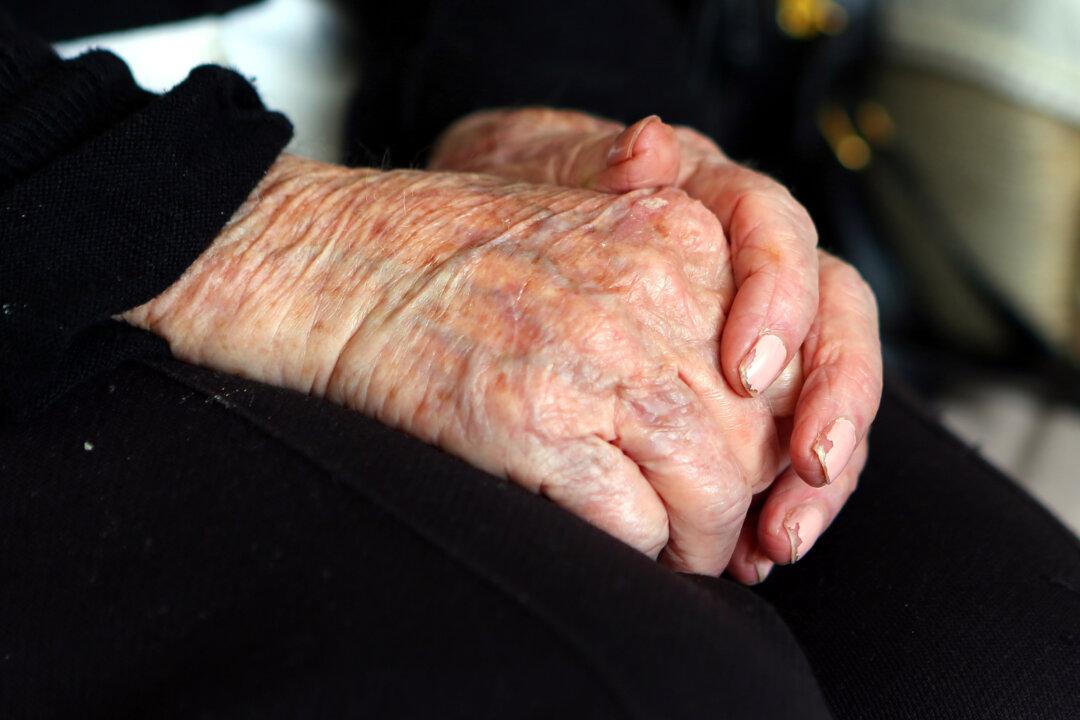An estimated two million older people have some unmet social care need, up from 1.6 million last year, a charity has found.
Age UK analysed data from the Office for National Statistics and the English Longitudinal Study of Ageing and found that large numbers of people over the age of 65 are struggling to perform at least one Activity of Daily Living (ADL) by themselves.
Age UK warns that with unmet care comes the risks of older people getting injured, such as having a fall, and ending up at A&E where they could spend a long time waiting for treatment. They then become stuck in a hospital bed because of a lack of community-based care, “creating huge problems for hospital managers and undermining their own chances of making a good recovery.”
Services Not Keeping Up With Demand
The report warned that the current system is under-prepared for the growing older population with the availability of health and care services not keeping up with demand.For example, the number of people over 75 has grown by 18 percent since 2017. But the report found that despite this growth, fewer older people are receiving local authority long-term care—whether that be community, residential, or nursing care—with the number of seniors receiving care falling by 1.1 percent from 548,450 in 2019/2020 to 542,545 in 2022/2023.
The number of full-time GPs is also not keeping pace with the growth in numbers of people aged 75 and older—who are more likely to need some form of primary care support—with the number of full-time equivalent GPs and trainee GPs increasing by just 2.5 percent between March 2023 and March 2024.
Childless Older People
Unmet care needs are likely to be exasperated in the future with the growing number of older people without adult children to care for them.The report found that the number of over-65s without adult children will reach two million by 2030, with the number of single and childless older people needing care projected to increase by 80 percent by 2032.
Adult children provide a significant proportion of unpaid care to their parents, with the figure at 28.8 percent in England in 2021.
Responding to the report, a Department of Health and Social Care spokesperson said the government would fix public health and social care through its 10-year health plan “centred on our three core shifts: from hospital to community; analogue to digital; and from sickness to prevention.”
The spokesperson continued, “We are committed to building a National Care Service, underpinned by national standards and delivered locally, to ensure that everyone can get the care they need.”







